Ghaja Lemon
₹199
Gajamalai Lemon, a native Indian citrus variety, is renowned for its unique flavor profile and numerous health benefits. This versatile fruit is packed with essential vitamins and antioxidants, making it a perfect addition to your kitchen and garden.
36 people are viewing this product right now
🔥 12 items sold in last 3 hours
Gajamalai Lemon, a native Indian citrus variety, is renowned for its unique flavor profile and numerous health benefits. This versatile fruit is packed with essential vitamins and antioxidants, making it a perfect addition to your kitchen and garden.
Key Features & Benefits
- Distinct Flavor: Enjoy the tangy and aromatic taste of Gajamalai lemons, which is slightly sweeter than regular lemons.
- Rich in Nutrients: Loaded with Vitamin C, potassium, and other vital minerals, this citrus fruit boosts immunity and overall well-being.
- Versatile Culinary Use: Perfect for cooking, baking, and making refreshing beverages, Gajamalai lemons add a zesty twist to your dishes.
- Medicinal Properties: Traditionally used in Ayurveda medicine, Gajamalai lemons possess antibacterial and anti-inflammatory properties.
- Ornamental Value: Its lush green foliage and vibrant yellow fruits make it an attractive addition to any garden or indoor space.
Plant Care Guide
Ideal Plantation Locations
Gajamalai lemons thrive in warm, tropical, and subtropical climates. They prefer well-drained, loamy soil with a slightly acidic pH.
Planting & Gardening Instructions
- Location: Choose a sunny location with ample sunlight.
- Soil Preparation: Prepare the soil by adding well-rotted organic matter like compost or manure.
- Planting: Plant the lemon sapling in a hole twice the size of the root ball.
- Spacing: Maintain a distance of 6-8 feet between plants.
Watering
Water the plant regularly, especially during dry periods. However, avoid overwatering, as it can lead to root rot.
Fertilizers
Apply a balanced NPK fertilizer every 2-3 months during the growing season. Organic fertilizers like compost tea can also be beneficial.
Repotting Instructions
Re-pot your Gajamalai lemon every 2-3 years or when the plant outgrows its pot. Choose a pot that is slightly larger than the previous one and use well-draining potting mix.
Fruiting Season
Gajamalai lemons typically start fruiting within 2-3 years after planting. The peak fruiting season is during the winter months.
Usage Ideas
- Culinary: Add a tangy twist to your dishes, from soups and salads to desserts and marinades.
- Beverages: Make refreshing lemonades, iced tea, and cocktails.
- Medicinal: Use the juice to soothe sore throats, boost immunity, and aid digestion.
- Aromatic: Fresh lemon peels can be used to add fragrance to your home.
Care Tips
- Pruning: Prune regularly to maintain the plant’s shape and promote healthy growth.
- Pest Control: Monitor for pests like aphids and scale insects. Use organic insecticides or neem oil to control them.
- Mulching: Apply a layer of organic mulch around the base of the plant to retain moisture and suppress weeds.
Only logged in customers who have purchased this product may leave a review.
Related products
Designed, Developed & Maintained by Growww.
Copyright © 2024 Ashok Chakra Nursery

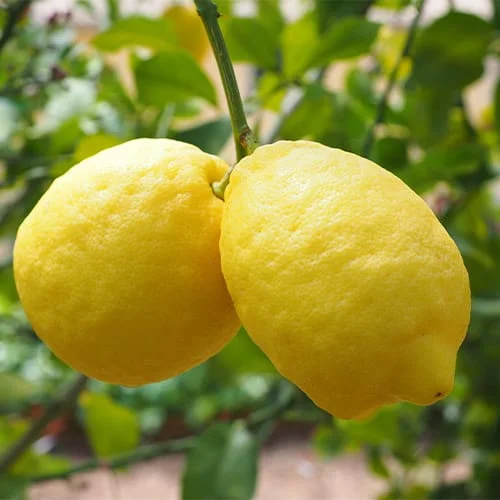
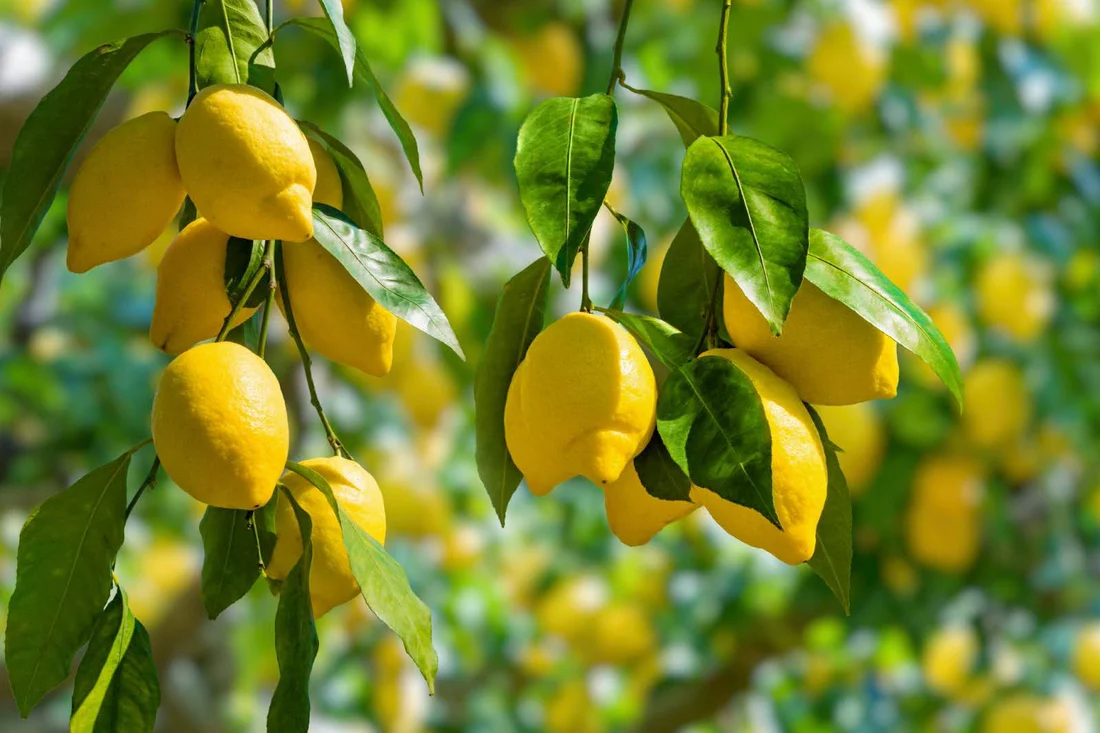
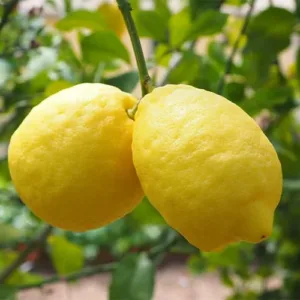


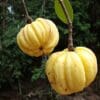
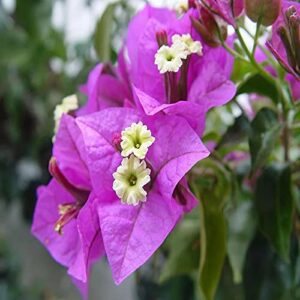
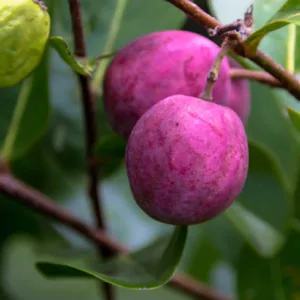
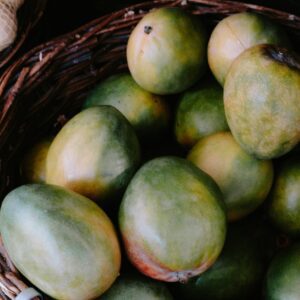


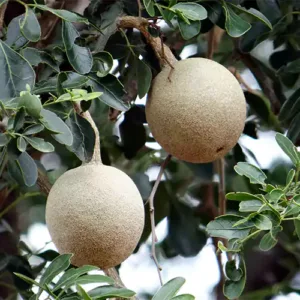

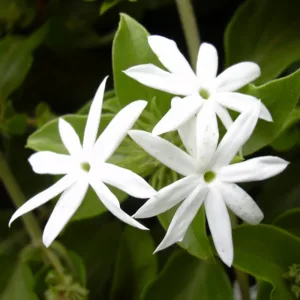

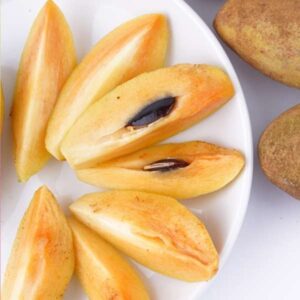
Reviews
There are no reviews yet.